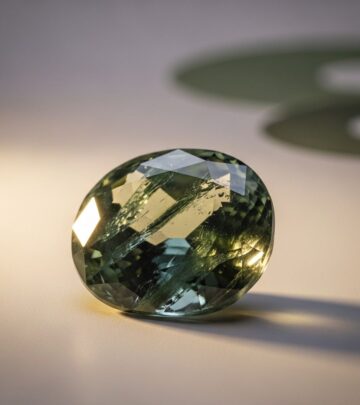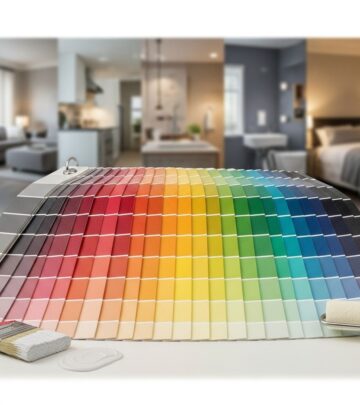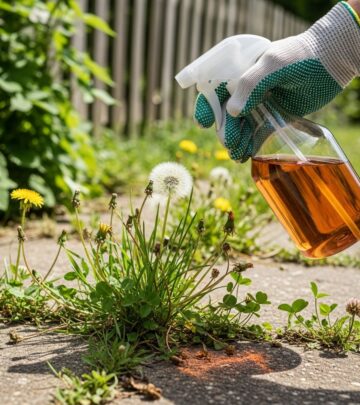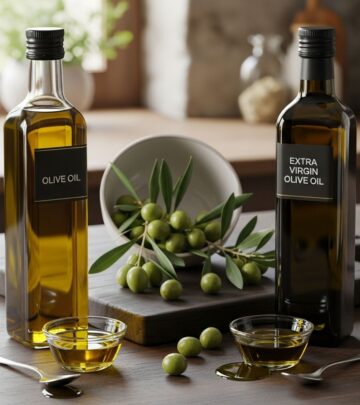Most Beautiful Flowers In The World: 40 Gorgeous Blossoms
Discover the 40 most stunning flowers on Earth, from rare roses to wild orchids, each a masterpiece of natural beauty.
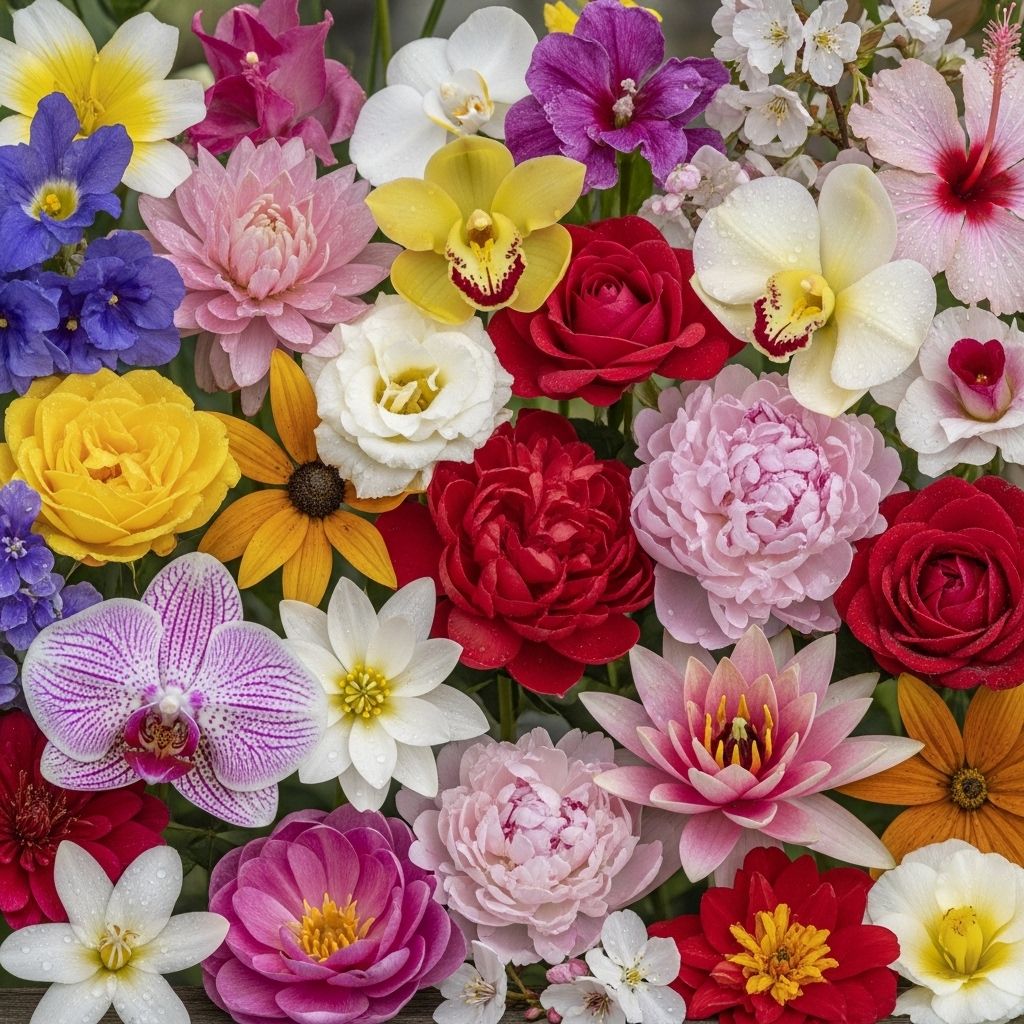
Image: HearthJunction Design Team
40 of the Prettiest Flowers in the World
From rare roses that command a king’s ransom to wild orchids with otherworldly allure, the world is filled with flowers so beautiful they scarcely seem real. Explore 40 of the prettiest blooms on Earth—each with unique stories, captivating colors, and petals that inspire awe in every admirer. Whether you’re a seasoned gardener, a flower enthusiast, or someone who simply enjoys nature’s artistry, you’ll find plenty to love in this curated gallery of botanical wonders.
1. Sweet Juliet Rose (Rosa ausleap)
Origin: England
No list of breathtaking flowers would be complete without this legendary bloom. Created by English breeder David Austin over 15 years and at a cost of $3 million, the Sweet Juliet Rose dazzles with apricot-hued double blooms and a scent reminiscent of sweet tea. Its lush, ruffled petals and delicate fragrance have earned it the nickname “The $5 Million Rose,” making it one of the world’s most prized flower varieties.
2. Lavender (Lavandula lavandin)
Origin: Mediterranean
Fields of purple lavender in Provence are iconic, but this flower’s true magic lies in its calming fragrance and versatility. Tiny blooms cluster along long stalks, attracting pollinators and filling the air with a soothing scent. Lavender is beloved for its ornamental beauty as well as its use in essential oils and culinary creations.
3. Teddy Bear Sunflower (Helianthus annuus)
Origin: North America
This sunflower variety earns its name with densely-packed, frilly petals that form a soft, fluffy bloom reminiscent of a teddy bear. Cheerful and childlike, these compact sunflowers evoke joy and warmth in any garden. Their whimsical appearance has inspired artists, including Vincent van Gogh.
4. White Batflower (Tacca integrifolia)
Origin: Southeast Asia
Unveiling its mystery at night, the White Batflower boasts waxy white petals veined with purple, long whisker-like filaments, and a shape that echoes a bat in flight. These nocturnal blooms are pollinated by bats—another testament to nature’s ingenuity in design.
5. Sakura (Japanese Cherry Blossom)
Origin: Japan
Symbolizing renewal, sakura trees bloom for only a few precious weeks each spring, their pale pink petals drifting like confetti in the breeze. Hanami festivals celebrate this fleeting beauty and the joy it brings to millions every year.
6. Blue Himalayan Poppy (Meconopsis betonicifolia)
Origin: Tibet, Himalayas
Renowned for its ethereal sky-blue blooms, the Blue Himalayan Poppy is a rare sight outside its native high-altitude habitat. The delicate, papery petals shimmer in shades of turquoise—a color uncommon in the flower kingdom.
7. Juliet Rose (Rosa Sweet Juliet)
Origin: England
Another masterpiece from David Austin, the Juliet Rose is prized for its full apricot blooms and subtle fragrance. Its petal-packed, romantic shape is the stuff of wedding bouquets and garden dreams.
8. Orchid (Orchidaceae)
Origin: Worldwide (especially tropics)
With over 25,000 species, orchids are among the most diverse and exotic flowers. Their blooms often mimic insects to attract pollinators, and their symmetrical petals can be found in nearly every color. Orchids symbolize love, beauty, and strength across cultures.
9. Lady’s Slipper Orchid (Cypripedium reginae)
Origin: North America, Europe, Asia
This enchanting orchid features a distinctive pouch-shaped petal, resembling a delicate slipper. Its unique shape and rarity make it a sought-after treasure among wildflower enthusiasts.
10. Dahlia (Dahlia)
Origin: Mexico, Central America
Dahlias offer astonishing diversity, with blooms ranging from tiny pom-poms to dinner plate-sized wonders. Petals can be spiky, ruffled, or spiraled, and colors span the rainbow. Each blossom is a celebration of form and vibrancy.
11. Protea (Protea cynaroides)
Origin: South Africa
Nicknamed the “King Protea” for its regal stature, this flower’s spiky petals encircle a fuzzy central dome. Its prehistoric look—unchanged for millions of years—makes it a symbol of resilience and transformation.
12. Bleeding Heart (Lamprocapnos spectabilis)
Origin: Asia
This aptly named flower produces rows of pink or white, heart-shaped blooms that dangle like delicate charms. Its sweet shape and gentle droop evoke feelings of compassion and love.
13. Calla Lily (Zantedeschia aethiopica)
Origin: Southern Africa
Known for its smooth, sculptural form, the calla lily is a symbol of purity and elegance. Its trumpet-shaped white blooms stand gracefully atop tall stems, commonly featured in both wedding bouquets and contemporary floral arrangements.
14. Lotus (Nelumbo nucifera)
Origin: Asia
The lotus blooms in still waters, rising above the mud to reveal exquisite pink or white petals. Revered in Eastern cultures, it represents purity, spiritual awakening, and tranquility.
15. Bird of Paradise (Strelitzia reginae)
Origin: South Africa
Its striking, beak-like structure unfurls in a riot of orange and blue—mimicking the wingspan of an exotic bird. Bird of Paradise flowers add a dramatic, tropical flair to any garden.
16. Plumeria (Frangipani)
Origin: Caribbean, South America, Pacific Islands
These fragrant, five-petaled blooms are symbols of welcome and grace in Pacific cultures. Plumeria’s creamy-white or pink flowers are often woven into leis and garlands.
17. Camellia (Camellia japonica)
Origin: East Asia
Camellias enchant with their perfectly layered petals and glossy green leaves. Their flowers bloom in shades from white to deep red, each a masterpiece of symmetry and subtlety.
18. Passion Flower (Passiflora incarnata)
Origin: South America
This intricate flower, with purple filaments and a starburst center, is as mesmerizing as it is unique. The passion flower’s structure is so complex, it’s often used as a teaching tool in botany.
19. Wisteria
Origin: Asia, North America
Wisteria’s cascading clusters of lavender or white flowers create a dreamy, fairytale atmosphere draping over arches and trellises. Their sweet aroma heralds the arrival of spring.
20. Peony (Paeonia)
Origin: Asia, Europe, Western North America
Peonies boast oversized, ruffled blooms with a romantic scent. Available in shades from blush to deep crimson, they’re a staple in garden borders and bridal bouquets.
21. Foxglove (Digitalis purpurea)
Origin: Europe, North America
Foxglove’s tall stalks are lined with bell-shaped flowers in purple, pink, or white. Stunning yet dangerous, all parts of this beauty are highly toxic if ingested.
22. Fuchsia
Origin: Central and South America
With pendulous, bicolor blooms in magenta and purple, fuchsias add exotic flair to hanging baskets and shady gardens.
23. Magnolia
Origin: East Asia, Americas
Magnolias predate bees, relying on beetles for pollination. Their plate-sized, waxy blooms come in creamy white, pink, or purple, filling the air with a lemony fragrance each spring.
24. Black Tulip
Origin: The Netherlands
This rare tulip stuns with its deep burgundy-black petals, adding dramatic contrast to spring beds and bouquets.
25. Anemone
Origin: Mediterranean, temperate zones
Anemones, also called windflowers, present with silky petals and a dark, button-like center. Their poppy-like blooms flutter in the lightest breeze.
26. Gardenia (Gardenia jasminoides)
Origin: Asia, Africa
Celebrated for their intoxicating fragrance and creamy-white petals, gardenias are the epitome of classic beauty and southern charm.
27. Ranunculus
Origin: Middle East, Mediterranean
Ranunculus offers layer upon layer of papery petals in vibrant hues, from snow-white to neon orange. Their rose-like blooms add sophistication to any arrangement.
28. Gloriosa Lily (Gloriosa superba)
Origin: Africa, Asia
This climbing lily’s flame-tipped petals curl backward in brilliant shades of red and gold. They are a living torch in the garden.
29. Bird’s Nest Fern (Asplenium nidus)
Origin: Tropical Asia, Australia
Not a flower, but its gracefully unfurling fronds and lush, green rosettes are a striking addition to floral displays and shade gardens.
30. Alstroemeria (Peruvian Lily)
Origin: South America
Known for long-lasting, speckled blooms in a rainbow of colors, Peruvian lilies add color and charm to bouquets and borders.
31. Lilac (Syringa vulgaris)
Origin: Europe, Asia
Lilacs bloom in fragrant, densely packed clusters of lavender, pink, or white—heralding the return of spring with their unmistakable sweetness.
32. Lisianthus (Eustoma grandiflorum)
Origin: Southern US, Mexico
Resembling a rose, lisianthus produces ruffled, delicate blooms in white, purple, or pink. Their elegance and long vase life make them popular among florists.
33. Marigold (Tagetes)
Origin: Mexico, South America
Marigolds are beloved for their cheerful gold and orange blooms, which symbolize celebration, especially in festivals like Dia de los Muertos.
34. Hellebore (Helleborus)
Origin: Europe, Asia
Also known as the Christmas or Lenten rose, hellebores bloom in late winter with nodding, cup-shaped flowers in muted tones of green, purple, and pink.
35. Queen of the Night Tulip
Origin: The Netherlands
This tulip’s near-black, velvety petals shimmer with hints of purple, creating a moody, mysterious beauty in spring gardens.
36. Snapdragon (Antirrhinum)
Origin: Mediterranean
Named for their dragon-shaped blooms that snap open when pinched, snapdragons come in every color and add vertical interest to borders.
37. Hydrangea
Origin: East Asia, Americas
Hydrangeas explode into puffs of blue, pink, or white flowers. Their colors can shift with soil pH, and they’re a cottage garden staple.
38. Canna Lily (Canna indica)
Origin: Americas
Broad leaves and vibrant, tropical blooms make cannas popular in bold landscape designs. Their large flowers come in shades of red, orange, yellow, and pink.
39. Iris
Origin: Europe, Asia, North America
Irises display architectural elegance with their three upright petals (standards) and three downward petals (falls). Their blossoms are found in blues, purples, yellows, and more.
40. Bluebell
Origin: Europe
Bluebells carpet forest floors in spring, their cobalt-blue, bell-shaped flowers nodding gracefully. Their fleeting displays signal the season’s renewal.
Table: A Quick Comparison of the World’s Prettiest Flowers
| Name | Origin | Notable Feature |
|---|---|---|
| Sweet Juliet Rose | England | Most expensive rose, apricot color |
| Lavender | Mediterranean | Calming fragrance, purple blooms |
| Blue Himalayan Poppy | Himalayas | Rare true-blue color |
| Wisteria | Asia/N. America | Cascading clusters, sweet aroma |
| Orchid | Worldwide | Exotic shapes, diverse colors |
Frequently Asked Questions
What is the prettiest flower in the world?
The answer is subjective, but popular contenders include the Sweet Juliet Rose for its rarity and beauty, orchids for their diversity, and cherry blossoms for their cultural significance and delicate beauty.
Are any pretty flowers rare or endangered?
Yes, blooms like the Blue Himalayan Poppy and certain orchids are rare and highly prized. Conservation efforts are important to protect these precious species.
What flowers are best for beginners to grow?
Marigolds, sunflowers, zinnias, and lavender are all beginner-friendly, offering vibrant blooms with minimal fuss.
Which flowers have the strongest fragrances?
Gardenia, lilac, lavender, and jasmine are celebrated for their powerful, pleasing scents that can perfume gardens and homes alike.
Are all pretty flowers suitable for bouquets?
Most showy flowers work well in bouquets, but some (like wisteria or hydrangea) need special conditioning or quick use after cutting to last long in arrangements.
Final Thoughts
Nature’s artistry knows no bounds, as revealed by these 40 flowers—each a living painting, a fleeting miracle, and a testament to beauty’s power to uplift and inspire. Whether cherished for their rarity, scent, color, or symbolic meaning, the prettiest flowers in the world invite us to see our planet with new wonder and appreciation.
References
- https://www.housebeautiful.com/lifestyle/gardening/g44004499/prettiest-flowers-in-the-world/
- https://www.housebeautiful.com/lifestyle/entertainment/a64850707/toilet-flowers-bathroom-trend/
- https://www.pinterest.com/pin/570338740330343312/
- https://www.marthastewart.com/prettiest-flowers-8386716
- https://www.1800flowers.com/articles/flower-facts/most-beautiful-flowers
Read full bio of Anjali Sayee

